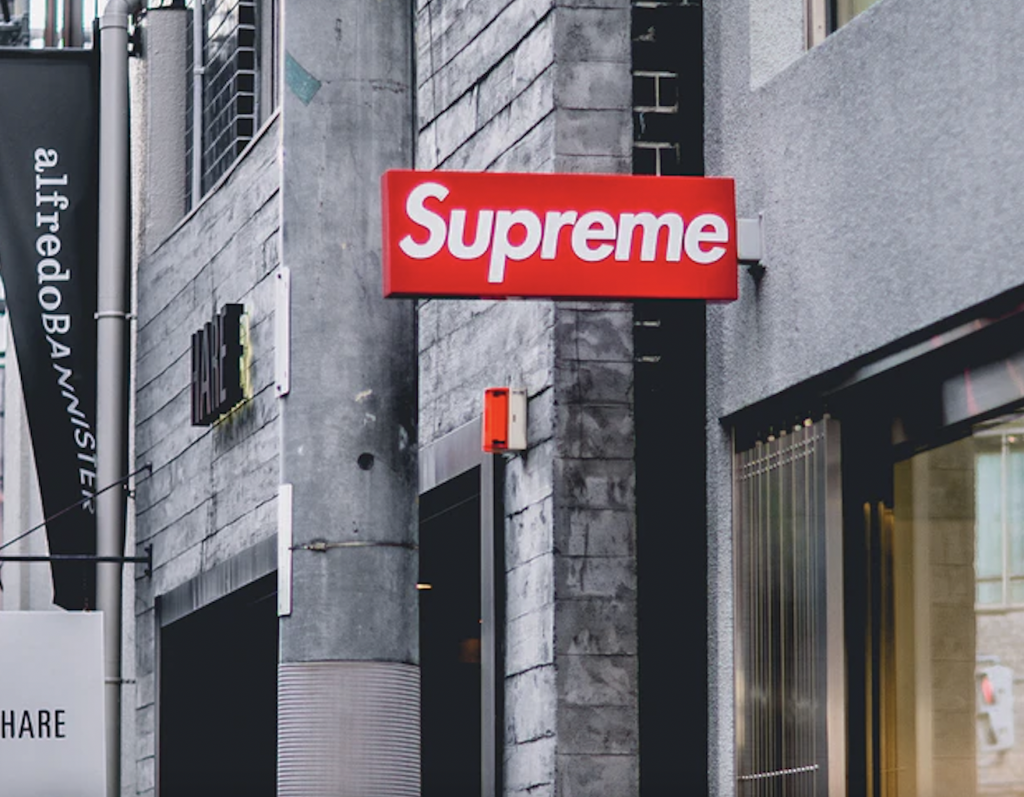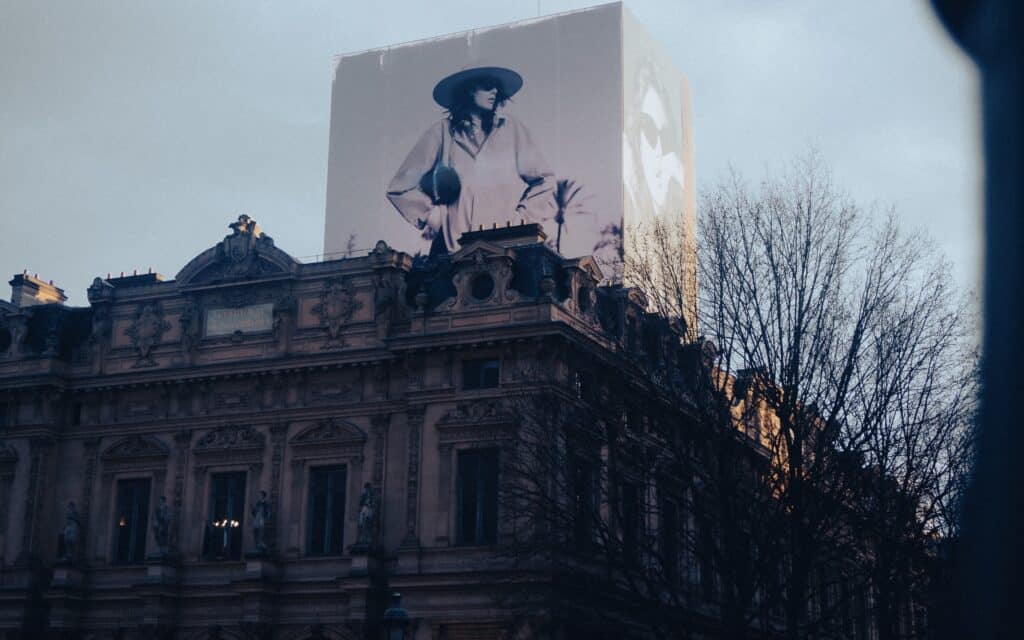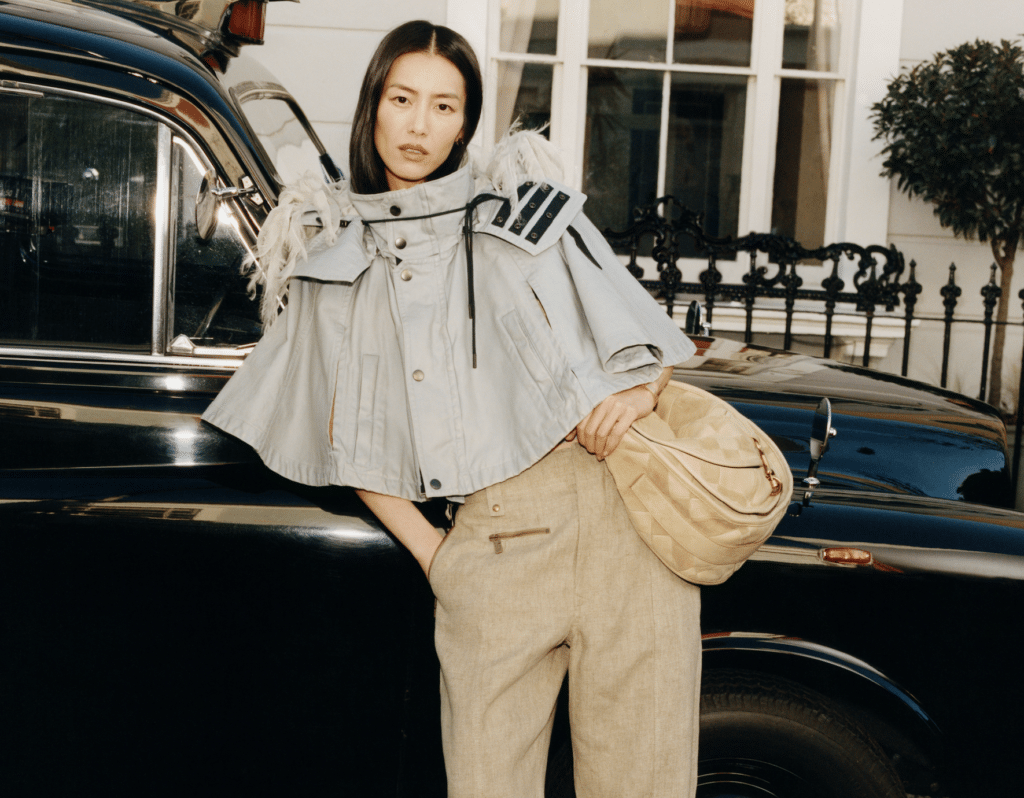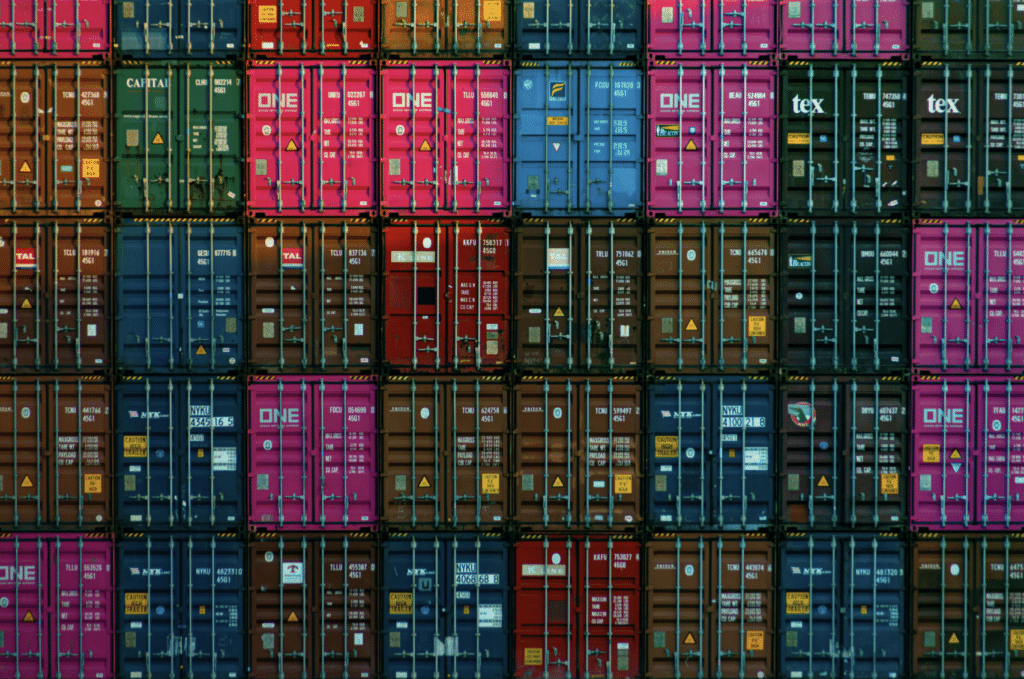The mastermind behind a far-reaching scheme to bank on the enormous appeal of Supreme has been sentenced to jail time in connection with a criminal case that was filed against him by the famed streetwear brand. At the heart of the case: International Brand Firm Ltd. (“IBF”), a 7-year-old British holding company sitting on trademark registrations for Supreme Italia and Supreme Spain, and its owner Michele Di Pierro. Given that IBF does not have an affiliation with New York-based Supreme, the mega-famous streetwear brand that British transplant James Jebbia founded in 1994, its quest to amass trademark registrations in countries like San Marino, Italy, Indonesia, Singapore, and Spain, among others, and open stores in various cities in Europe and even China, has landed Mr. Di Pierro, 53, and his company on the opposite end of VF Corp-owned Supreme in trademark battles in an array of jurisdictions across the globe.
The country-spanning operation that is Supreme Italia got its start simply enough. Pierro identified an opportunity in Supreme’s tightly-controlled distribution chain, one that has seen the $2.1 billion company sell limited quantities exclusively in its brand-owned and operated stores, and exert razor-sharp focus on very-deliberate and measured expansion, which means that the the streetwear brand maintained less than a dozen stores for most of its 27-year-old existence. All the while, the streetwear brand engaged in truly de minimis traditional marketing, and while Supreme existed “under the radar of mainstream fashion,” as the Guardian put it back in 2019, it garnered itself the reputation as one of the most cult-followed brands in the apparel space.
With consumers all over the world clamoring for Supreme’s buzzy wares and lacking access to them, IBF dreamt up a scheme that – as Supreme has argued – enabled it to essentially hijack an entire brand.
The Mechanics of the Brand
The mechanics of the building of the Supreme Italia brand (and the corresponding Supreme Spain entity) center largely on jurisdictional variations in trademark law across the globe, namely, the first-to-file trademark systems observed in certain countries, in which intellectual property bodies issue trademark registrations to the first party to simply file an application, not the first to actually use the mark in commerce. This system, which differs from the first-to-use method, notoriously bodes well for trademark squatters (i.e., bad actors that intentionally file trademark applications for another party’s trademark in a country where the original rights holder does not maintain registrations), who might not otherwise be able to establish legitimate and consistent use of a mark in order to gain trademark registrations.
As such, while IBF began using the Supreme trademark decades later than when Mr. Jebbia first put its box logo on the door of his first brick-and-mortar outpost on Lafayette Street in Manhattan in 1994 and on the garments and accessories inside its store, it was able to obtain registrations because it filed a trademark application in San Marino, one of the world’s smallest countries, before Chapter 4, and then parlayed that registration into others.
Beyond that, IBF managed to successfully influence much of the narrative surrounding its activities by characterizing them as perfectly legal. As TFL stated back in 2019, nearly every mainstream media article devoted to the increasingly attention-grabbing Supreme v. IBF battle describes the Supreme Italia wares – including copycat red sweatshirts that feature the word “Supreme” in a Futura Heavy Oblique font and the knockoff accessories bearing Supreme’s box logo that IBF and its partners have offered up – by using one specific descriptor: “legal fakes.” The term – which refers to “a legal copy of a brand, where ‘legal’ indicates that the fake brand is a trademark registered in a country where the original mark has yet to be launched,” according to Italian trademark attorney Silvia Grazioli of Bugnion SpA – is an entirely novel one.
In other words, “legal fakes” has no foundation in trademark law in the U.S. or elsewhere. You will not find it mentioned in legal textbooks, case law, or scholarship, unless it is in reference to Supreme and IBF, of course. According to London-headquartered law firm Bird & Bird, “legal fakes” – which suggests, by its very name, that IBF and co. are not running afoul of the law by way of their copycat products – was adopted “by media outlets to describe Supreme Italia.”
Not So Legal Fakes
While streetwear sites and even big-name news outlets have been quick to publicize the theory of “legal fakes,” a court in England has taken a harsher stance against IBF. Following a jury trial, in connection with which both Michele Di Pierro and his son, Marcello, were found guilty of two counts of fraud, as first reported by Bloomberg, a court issued their sentences on June 25: the elder Di Pierro has been ordered to serve eight years behind bars and Marcello, 24, was given a three-year sentence. Handing down their sentences, Circuit Judge Martin Beddoe held that the Di Pierros “hijacked every facet of [Supreme’s] identity and plagiarized it,” resulting in a “brazen” and “offensive” operation riddled with “dishonesty.”
The court also ordered IBF to pay monetary damages of 7.5 million pounds ($10.4 million) to Supreme in connection with the sweeping and sophisticated trademark scheme.
Neither Michele nor Marcello Di Pierro were present in court, and arrest warrants were “re-issued following the sentencing,” per Bloomberg. In a statement following the sentencing, Michele Di Pierro asserted that Supreme’s legal attacks against him, his son, and IBF amount to “a very grave and unjustified assault” that involves “absurd, unfounded, and slanderous allegations of counterfeiting registered trademarks.”
Counsel for the Di Pierros stated that the parties had been engaged in settlement talks over the presence of IBF activities in other countries, including the company’s quest to amass “Supreme” trademark registrations. IBF currently has active registrations in Italy, Spain, San Marino, and Tunisia, according to the World Intellectual Property Office’s records. Meanwhile, Supreme has been successful in invalidating registrations previously held by IBF in Singapore, Spain, and Israel.
The case comes as part of a larger effort by Supreme, which embarked on a quiet but robust international enforcement effort several years ago, thereby, leading to the initiation of legal battles against IBF and related entities before the San Marino Civil Court, the Business Specialized Division of the Court of Milan, and the European Union Intellectual Property Office, among other bodies.
One of the biggest developments to date, aside from a jury verdict and sentencing for the Di Pierros, came when law enforcement officials descended upon factories in San Marino, the enclaved microstate situated on the Italian Peninsula between the Italian Apennine mountain range and the crystal waters of the Adriatic coast in early 2018. They had marching orders to do the same in certain cities in Italy, as well. Armed with orders from two courts, the police took possession of all items bearing Supreme’s name and famous red-and-white box logo. The operation – which resulted in the confiscation of approximately 120,000 counterfeit items – has been coined as one of “the most important multi-jurisdiction civil enforcement operations in recent years.”














